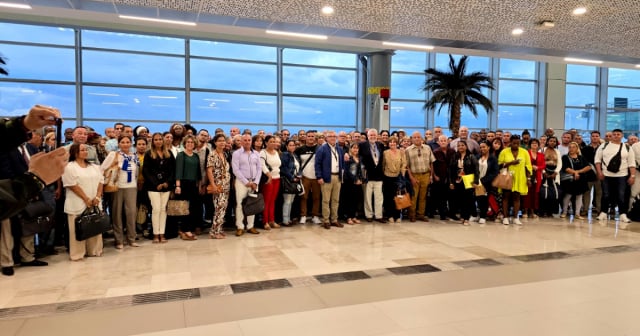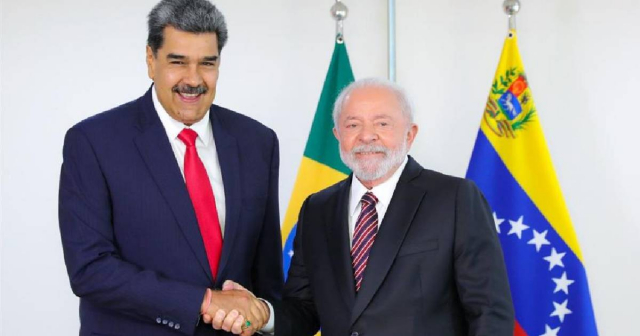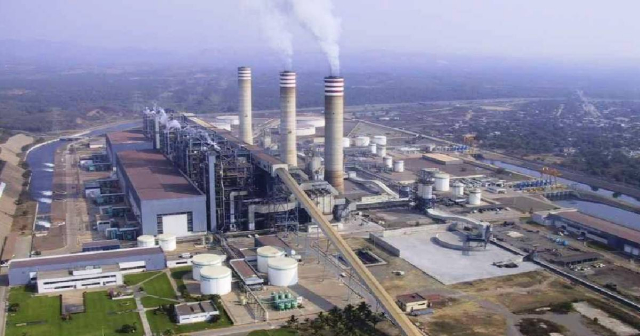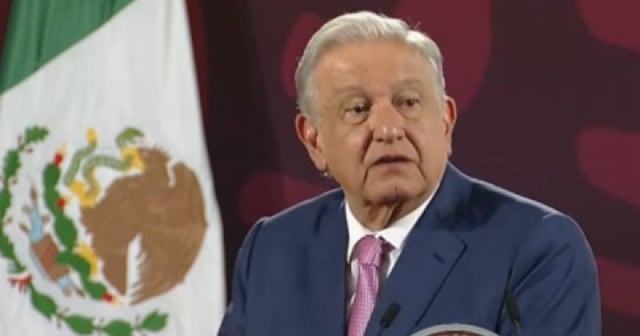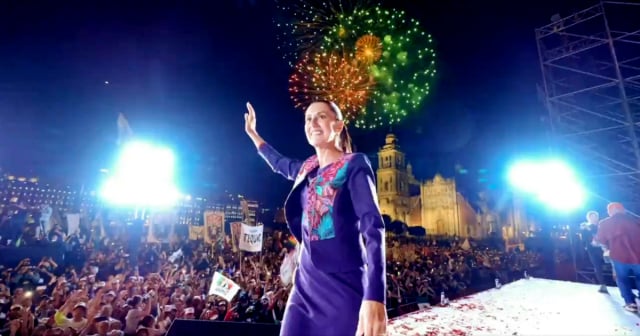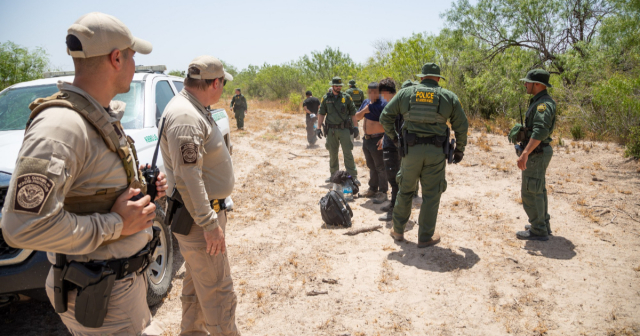The swearing-in of Claudia Sheinbaum as president of Mexico on October 1 has sparked significant controversy over the invitations to international leaders.
Among the confirmed attendees are three leaders who are labeled "dictators" on social media for their authoritarian regimes. They are Nicolás Maduro from Venezuela; Miguel Díaz-Canel from Cuba; and Vladimir Putin from Russia.
However, what has caused the greatest uproar is the decision of the elected president not to invite King Felipe VI of Spain.
Sheinbaum explained this Wednesday that the exclusion of the monarch is due to Felipe VI's failure to respond to a letter sent by the current president of Mexico, Andrés Manuel López Obrador, in which he requested an apology for the grievances of the Spanish conquest over five centuries ago.
"Unfortunately, that letter did not receive any direct response, as would have been appropriate to the best diplomatic practices of bilateral relations. Instead, part of the letter was leaked to the media," Sheinbaum stated.
This statement fuels the controversy surrounding the exclusion of the King. The Spanish Ministry of Foreign Affairs described Sheinbaum's decision as "unacceptable" and confirmed that the Iberian country will not attend the historic ceremony.
Mexican authorities invited President Pedro Sánchez, but the fact that Felipe VI was not included has been interpreted as a deliberate gesture. Sánchez himself was the one who publicly announced the decision: If the King doesn't go, Spain will not be at that swearing-in ceremony.
It is the first time in history that the Spanish monarch will not attend the inauguration of a president in Mexico. In addition to his exclusion, invitations were also not extended to the governments of Ecuador or Peru.
Sheinbaum won the elections in June 2024 with between 58.3% and 60.7% of the votes. She will take office as the 66th president of Mexico.
His term will begin after the departure of Andrés Manuel López Obrador, who will leave office on September 30, 2024. The ceremony on October 1 will be the first under the new constitutional reform, which moved the inauguration date from December to October.
As the preparations approach, the controversy around the international guests continues to grow. While some praise the presence of leaders like Maduro, Díaz-Canel, and Putin, others criticize the lack of representation from Spain and several Latin American countries.
What do you think?
COMMENTFiled under:

